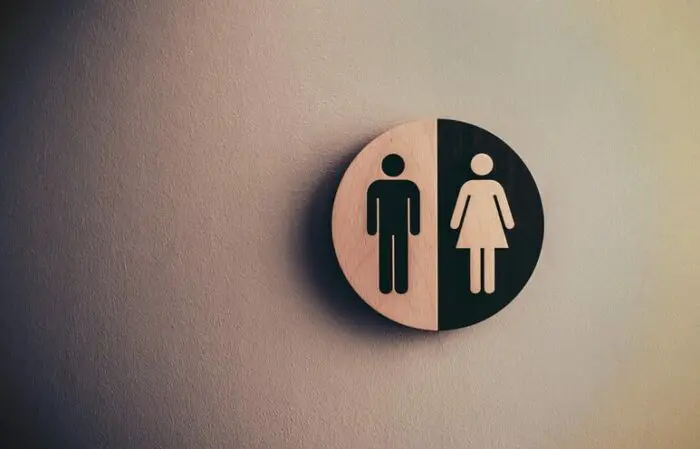Why do we celebrate World Toilet Day on 19 November?
Because 3.6 billion people don’t have one! Nearly half the world’s population lives without a “safely managed sanitation service”: a toilet, not shared with other households, that either treats or disposes of human waste on-site, stores it safely to be emptied and treated off-site, or connects to a functioning sewer.
In 2020 in the WHO European Region, 279 million people (about 30% of the population of the Region) lacked safely managed sanitation services; 29 million people are in need of basic sanitation; and more than 340 000 people still practice open defecation. We should all care about clean and accessible toilets.
Why should we all care about toilets?
Everybody should care about toilets because access to sanitation is recognized by the United Nations as a human right that entitles everyone to have physical and affordable access to sanitation, in all spheres of life, that is safe, hygienic, secure, and socially and culturally acceptable, and that provides privacy and ensures dignity.
Everybody should care about toilets because public health depends on toilets. Life without a decent toilet is dirty, dangerous and undignified. Unless everybody in a community has a safe toilet, everybody’s health is threatened. Adequate and safely managed toilets drive improvements in gender equality, education, economics and the environment. Toilets protect women’s and girls’ dignity, safety and health, at home, school or work, especially during menstruation and pregnancy.
Who cares about toilets in health-care facilities?
World Toilet Day is all about celebrating toilets for everything they do for us, also and especially in health-care facilities. The availability of safe, clean, accessible and acceptable toilets in health facilities is a non-negotiable basic requirement. Proper toilets are essential for quality health care that prevents infections in patients, staff and visitors and protects dignity. The best medical treatment, from surgery to medication, is useless, if the patient has to use a dirty toilet – or does not even have access to one at all. Also, for hospital staff, separate toilets for men and women are essential to carry out the work without risks to their own health.
WHO/Europe cares about toilets in health-care facilities to ensure equitable access to decent and dignified toilets for all, and to ensure safe and effective health care for both patients and staff.
On World Toilet Day this year, Enisa in Montenegro takes us on a video journey through her work on toilets in health-care facilities – work that the WHO European Centre for Environment and Health and the WHO Country Office in Montenegro have been jointly supporting.
Montenegro is a Party to the Protocol on Water and Health – a multilateral legal instrument facilitating implementation of the World Health Assembly (WHA) resolutions related to water, sanitation and hygiene (WASH) – and has committed to ensure adequate toilets in health-care facilities. Within the framework of the Protocol, in 2021, the country conducted a comprehensive assessment of WASH in health-care facilities. The results of the assessment will inform the development of dedicated national targets and context-relevant actions in response to the WHA resolutions and on COVID-19 response.
There can be no sustainable future without toilets. Sustainable Development Goal 6 is to “ensure availability and sustainable management of water and sanitation for all”’ by 2030. So we should all care about toilets.







